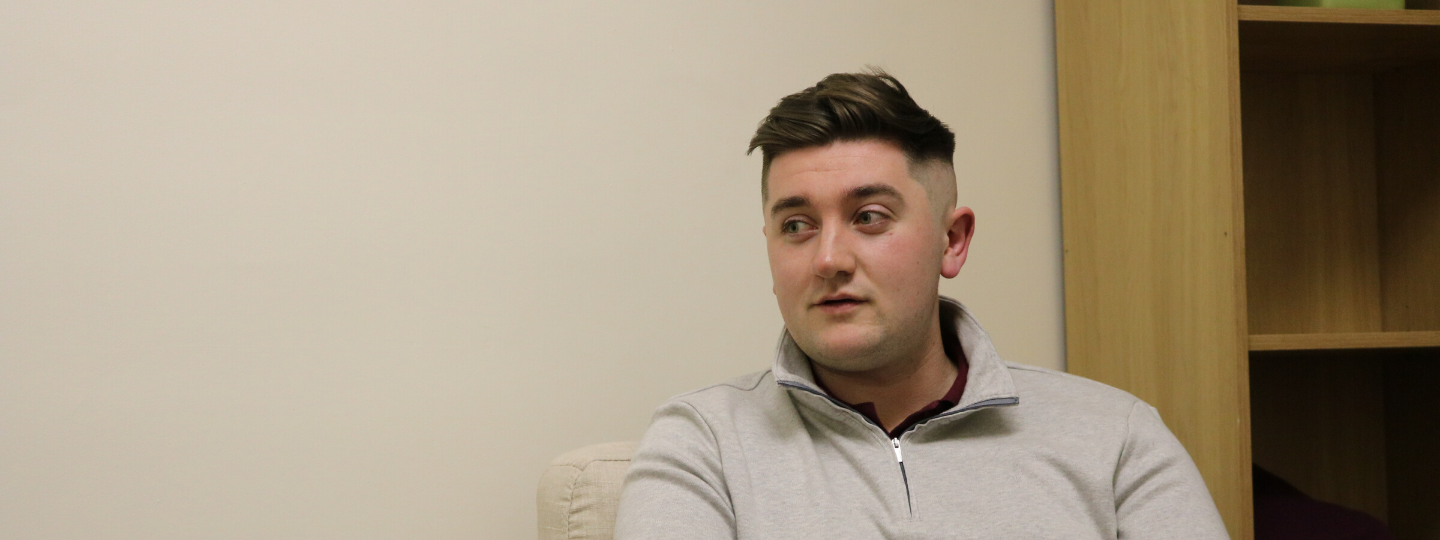If a young person in your life seems to be having a tough time, trust your instinct something isn’t right.
There are plenty of signs to look out for that are good to know. If you want to start a difficult conversation but don’t know where to begin, you are not alone.
Many young people have missed out on a number of opportunities and milestones since the pandemic started. And there can be no question this can impact on everyone’s mood in the family unit.
When a young person is feeling down, stressed out or experiencing anxiety, they may become closed off or defensive. They can find it hard to talk about what is going on. In response to the pandemic and restrictions, they may not know or understand emotions they’re experiencing.
Some things can be challenging to communicate. However, whether able to open up or not, a young person will likely appreciate being offered the opportunity to talk. They will benefit from knowing someone is there to support them when they are ready to accept help.
Choose your time to start a conversation
Finding the right time is important to consider. You need an adequate amount of time available so neither of you feels pressure to reach a quick conclusion. It’s wise to choose a time when you are both free without something to rush off to.
The young person may have a deadline for homework or is distracted by a football game. In this case, it is unlikely they will want to talk. Remember, your priorities may not be the same.
A convenient time to talk may crop up naturally when you are both relaxed and doing something together. However, it may not be that easy to start a tough conversation.
You might have to deliberately make the time. Don’t try to be a mind reader on this. Let the young person know you’d like to spend some time with them and ask when suits them.









